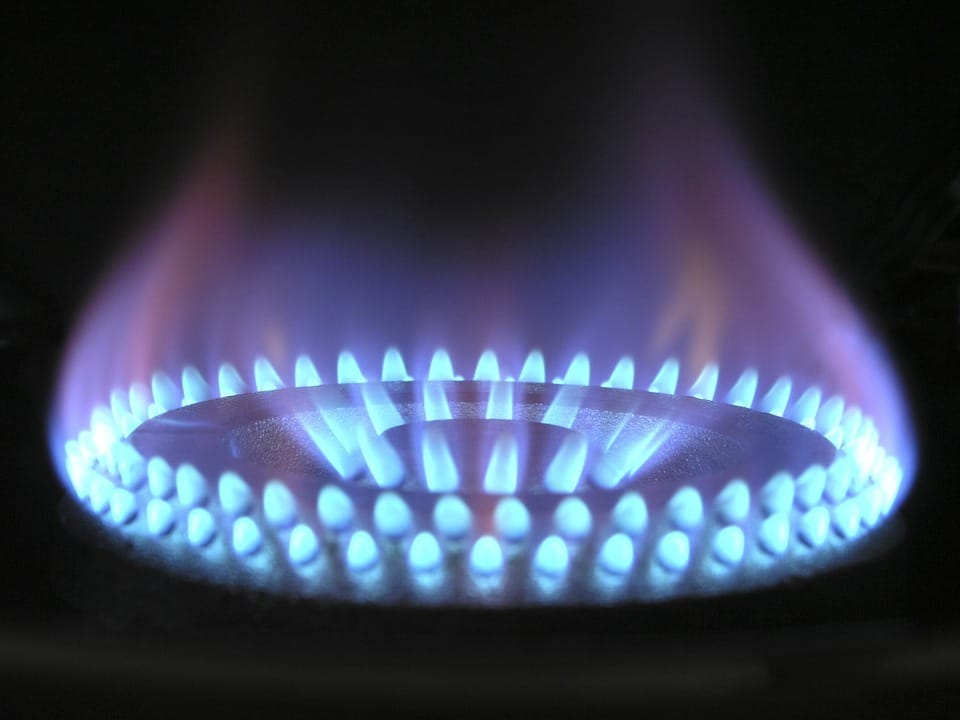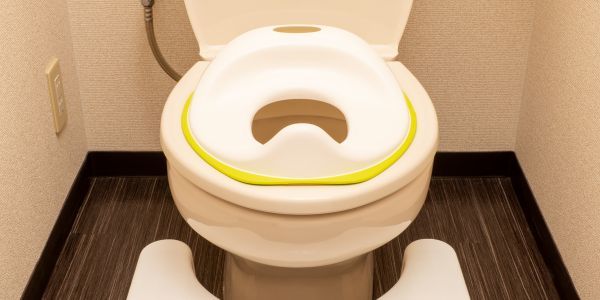

Gas Safety Week – What Parents Need To Know
Safety becomes of even more paramount importance when we become parents, right? Stair gates, cupboard latches, hazardous cleaning things on a higher shelf, that’s generally what comes to mind when we think of babyproofing BUT often, gas safety isn’t on that list!
Considering the dangers, knowledge of our appliances at home and the risks of any faults with the gas supply is pretty important!
The 18th to the 24th of September this year is the seventh ‘Gas Safety Week‘!
Organisations from around the UK will be working together to raise awareness of the dangers of “poorly maintained gas appliances, which can cause gas leaks, fires, explosions and carbon monoxide (CO) poisoning…” (Gas Safe Register).
Here is our Gas Safety guide for parents as part of Gas Safety Week!

Safety Tips
- Get your gas appliances serviced and safety checked annually
- When having appliances maintained, verify that the engineer is Gas Safe Registered with an ID card!
- Only use a gassafe registered engineer – you can check the register here.
- If you rent, ensure your landlord has a record of Gas Safety for the property.
- Know the six signs of carbon monoxide (CO) poisoning; these are headaches, dizziness, breathlessness, nausea, collapse and loss of consciousness. Appliances leaking gas can cause a fire and explosion risk.
- Invest in a CO detection alarm – ones with a loud alarm are best! This one at Screwfix is a fab investment!
Carbon Monoxide Poisoning
Carbon Monoxide poisoning is a really important thing to be aware of – it is innocuous due to being tasteless, odourless and colourless! Be aware, be informed, be safe.
“Carbon monoxide is a poisonous gas that has no smell or taste. Breathing it in can make you unwell, and it can kill if you’re exposed to high levels.
Every year in the UK, more than 200 people go to hospital with suspected carbon monoxide poisoning, which leads to around 50 deaths.
After carbon monoxide is breathed in, it enters your bloodstream and mixes with haemoglobin (the part of red blood cells that carry oxygen around your body), to form carboxyhaemoglobin.
When this happens, the blood is no longer able to carry oxygen, and this lack of oxygen causes the body’s cells and tissue to fail and die.” (NHS)
You can read more about carbon monoxide poisoning on the NHS website here.
Invest in a carbon monoxide alarm – this audible alarm from Screwfix is a popular choice.
I hope that this blog has helped to raise awareness of gas safety, and inspire parents to be ‘gas aware’!
You can read more information here, on the Gas Safety Register website!
Love from Katie. Xx



.jpg)

.jpg)
.jpg)

.jpg)

.jpg)

